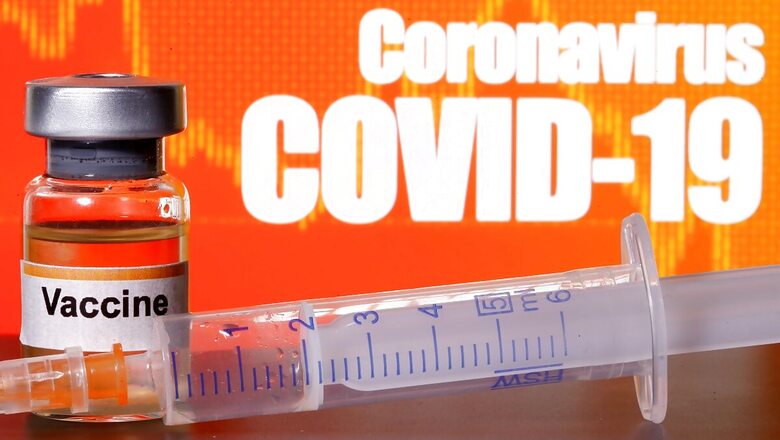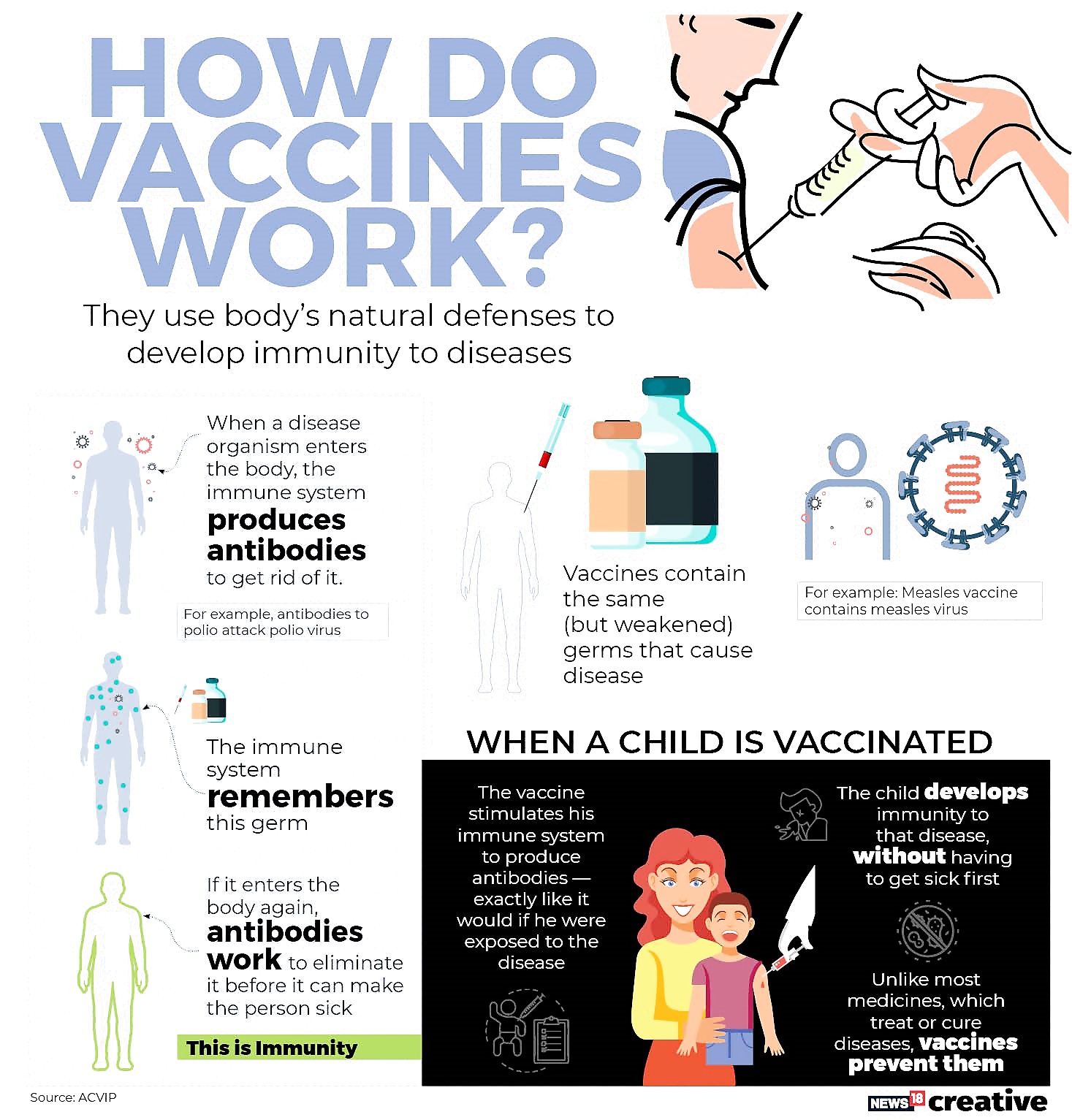
views
As the world battles the coronavirus pandemic, scientists are racing against time to find a vaccine against Covid-19. In just six months since the virus came into being, 140 vaccine candidates (vaccines under experimentation) are in the pre-clinical trial stage, and 23 are in the clinical evaluation stage, according to the World Health Organization (WHO). As the search for a vaccine continues, it is imperative to understand how vaccines work and how long it takes to develop them.
HOW DO VACCINES WORK?
Vaccines employ body’s natural defenses to develop immunity to the disease. A vaccine contains antigens that induce an immune response and help in prompting the production of antibodies.

This, in turn, results in body mimicking a real-life infection and makes the body memorise its reaction and recognise the pathogen in future. These antigens are administered by introducing a weakened pathogen in the body or by taking an antigen from the pathogen and them alone.
HOW LONG DOES IT TAKE TO DEVELOP A VACCINE?
Under normal circumstances, vaccine development takes years as research is largely dependent on grants and funds. However, the widespread impact of the coronavirus pandemic has spurred governments, pharmaceutical companies, and global alliances to fund vaccine research more liberally, thus contributing to a speedy development in a big way.
It is also pertinent to note that the types of vaccines also differ, ranging from ones that use an inactivated or dead virus to trigger an immune reaction to non-replicating viral vectors which involves using a different, harmless virus to deliver the pathogens into the body for generating an immune response.



















Comments
0 comment